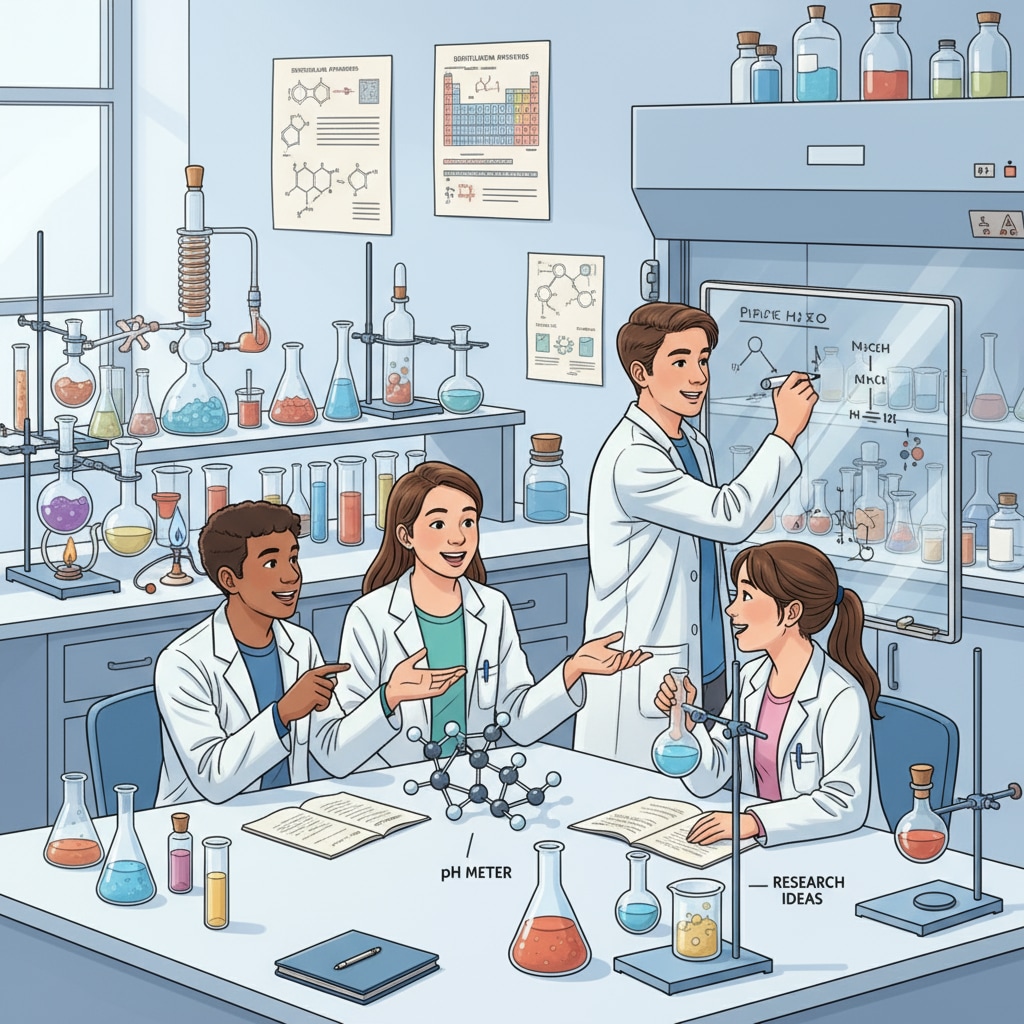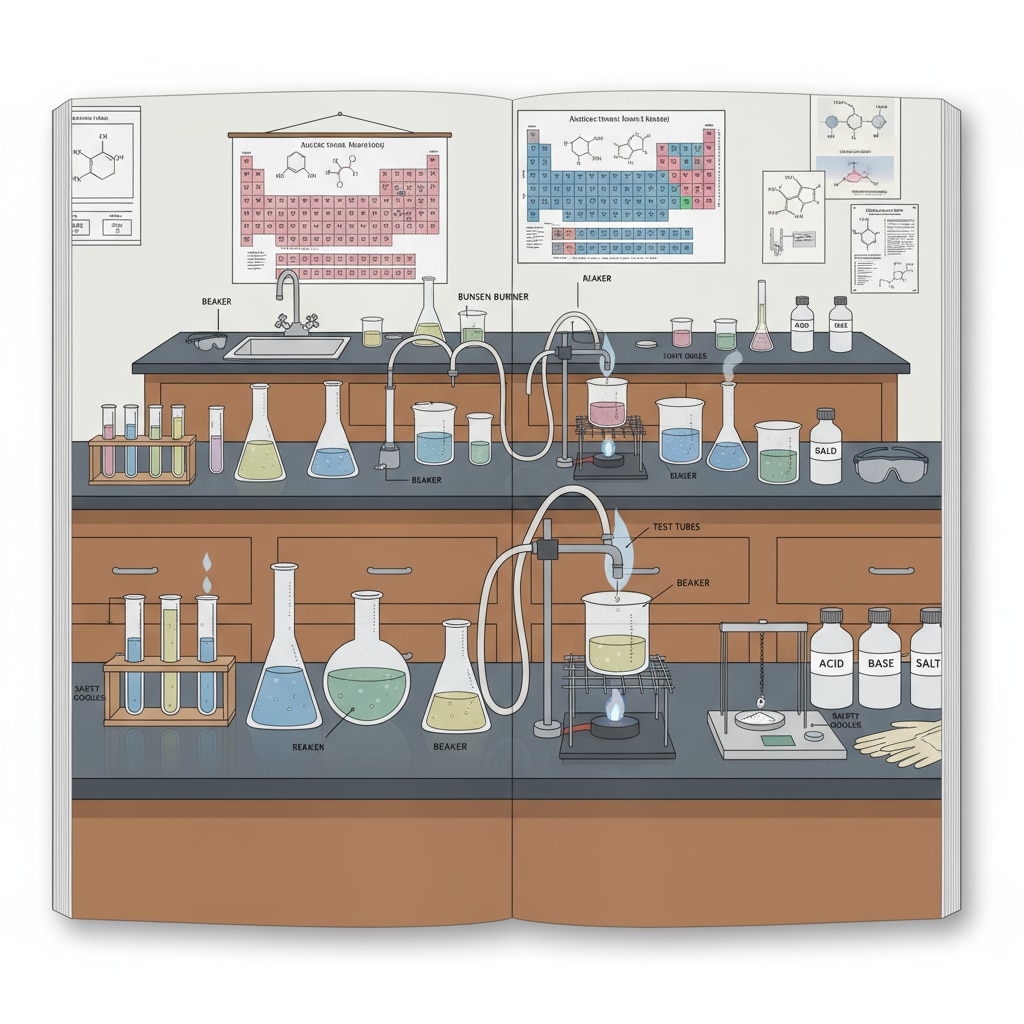Embarking on a chemical research project in high school can be both exciting and challenging. The process of topic selection is a crucial first step. This guide on chemical research, high school project, and topic selection advice aims to assist students in finding the perfect research area.

Understanding Your Interests
First and foremost, delve into your personal interests within the vast field of chemistry. Are you fascinated by environmental chemistry, perhaps wanting to explore ways to reduce pollution? Or maybe organic chemistry catches your eye, with its study of carbon-based compounds. For example, if you’re interested in environmental issues, you could research how certain chemicals in household products affect water quality. Understanding your passion will make the research process more enjoyable and engaging.
Assessing Resource Availability
In addition to interests, it’s essential to consider the resources at your disposal. High school research projects often have limitations in terms of equipment and time. Check what facilities your school laboratory offers. If you plan to conduct experiments, ensure there are appropriate chemicals and instruments available. You can refer to Chemistry laboratory on Wikipedia to get an idea of common laboratory setups. Also, consider the time you have. A complex project might require more time than you can afford during the academic year.

Finding Inspiration from Real-World Problems
Real-world problems can be a goldmine of inspiration for chemical research topics. Look around you and identify issues that could benefit from chemical solutions. For instance, food preservation is a relevant topic. You could investigate natural alternatives to traditional food preservatives. Another area is energy efficiency. Research how new chemical materials can improve the efficiency of batteries. This approach not only makes your research relevant but also shows its potential impact. As a result, you’ll be more motivated to see the project through.
Reviewing Existing Research
Before finalizing a topic, it’s crucial to review existing research in the field. This doesn’t mean copying, but rather getting an understanding of what has already been done. Look at scientific journals and academic papers. Chemistry research on Britannica provides a good starting point. By doing so, you can identify gaps in knowledge and come up with a unique angle for your project. This will make your research stand out and contribute to the existing body of knowledge.
Readability guidance: By following these steps, high school students can find suitable chemical research topics. Remember to stay within your interests, work with available resources, draw inspiration from real-world problems, and build on existing research. This way, you’ll be well on your way to a successful high school chemical research project.


